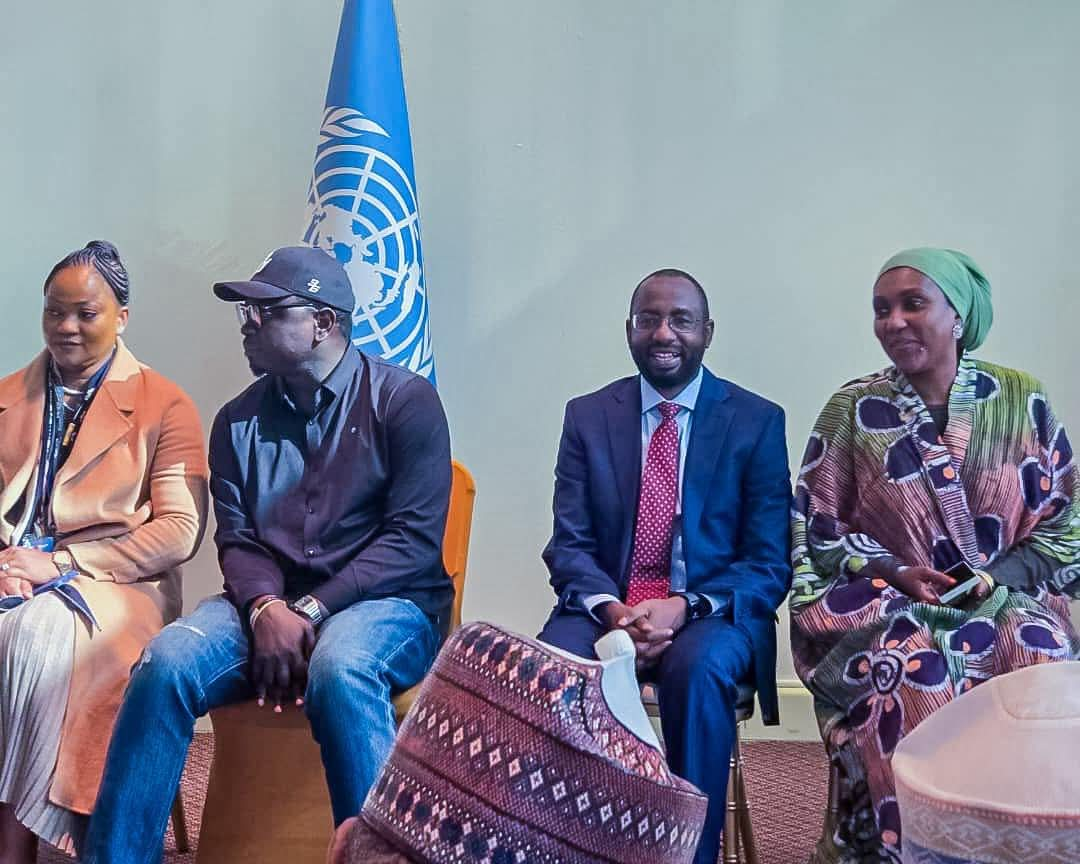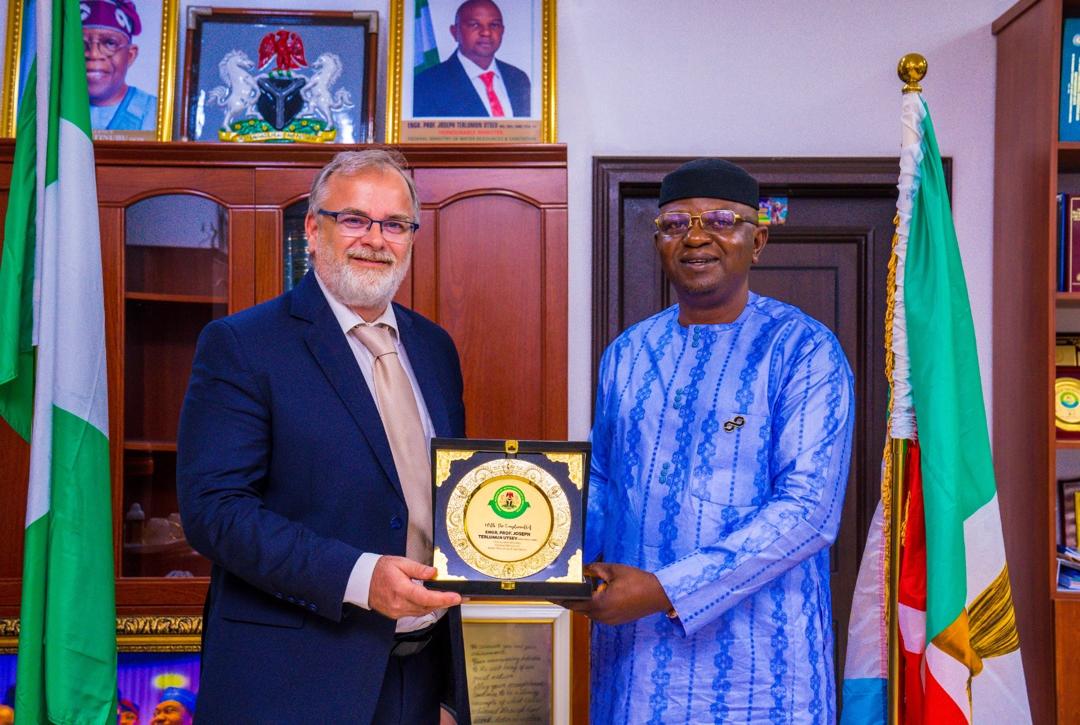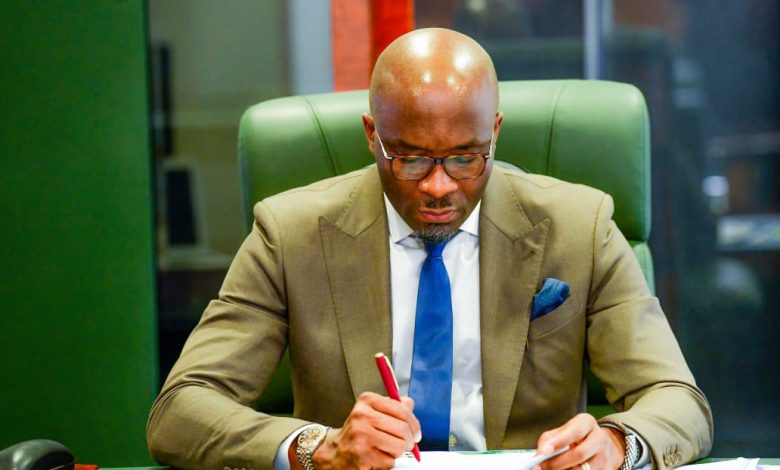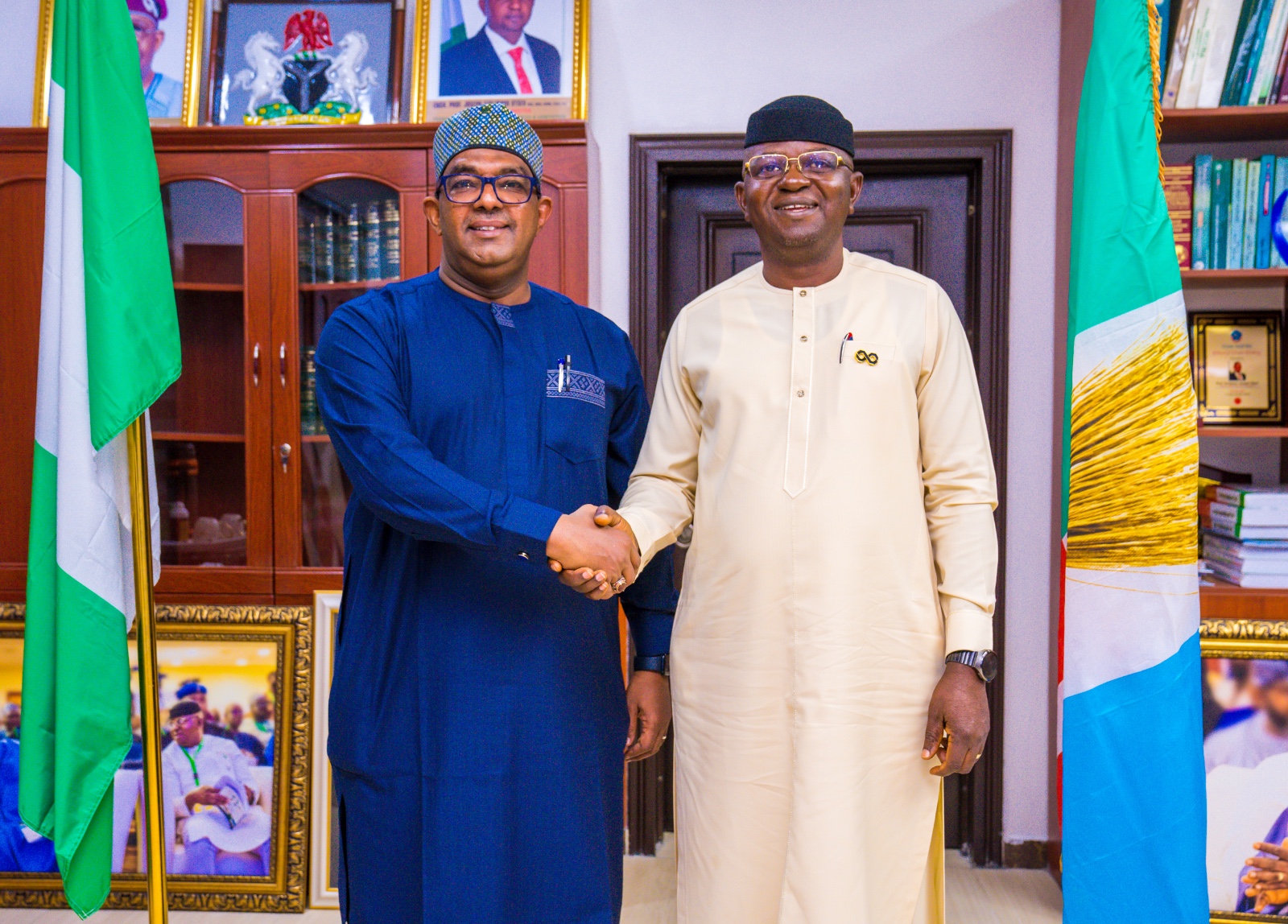80th UNGA: NEMA DG Moves for Humanitarian Partnerships Beyond Aid in Nigeria

By Fatima Saka
At the 80th Session of the United Nations General Assembly (UNGA), the Director General of the National Emergency Management Agency (NEMA), Mrs. Zubaida Umar, made a bold case for redefining Nigeria’s humanitarian response from short-term aid to long-term resilience.
Speaking at a side event titled “Global Partnerships, Local Prosperity: Unlocking Nigeria’s Renewed Hope Blueprint for Sustainable Growth,” Umar stressed that Nigeria is no longer seeking mere handouts but building strategic partnerships that empower communities and strengthen national disaster preparedness.
She emphasized that today’s emergencies, ranging from floods to food insecurity and displacement, demand collaborative solutions that no single country can tackle alone. According to her, relief remains essential in crisis response, but the true goal is equipping people to recover, adapt, and thrive beyond disaster.
The NEMA boss outlined three key benefits of this shift:
Stronger capacity: International collaboration would boost Nigeria’s disaster management through early warning systems, data-driven response, and modern technology.
Reduced dependency: Partnerships that prioritize skills training, livelihood support, and sustainable rebuilding would help communities regain dignity and self-reliance.
Global credibility: By engaging at UNGA, Nigeria positions itself as an active partner in finding solutions, attracting more targeted and strategic support aligned with national priorities.
READ ALSO: TCAN summit: Experts highlight transport logistics for economic growth
strong> NEWSCOUNT MAGAZINE CELEBRATES DR. OBY AJIH, (OJIUGOANAWARANDIEZE), ON HER BIRTHDAY
Aligned with President Bola Ahmed Tinubu’s Renewed Hope Agenda, Umar noted that NEMA is transitioning from reactive relief efforts to proactive humanitarian diplomacy. The agency’s focus is on building systems that limit disaster impact, empower survivors, and foster long-term recovery.
“What we seek is not just aid but collaboration. Relief must evolve into resilience,” she told global partners, underscoring Nigeria’s commitment to self-reliance and sustainable development in humanitarian response.




